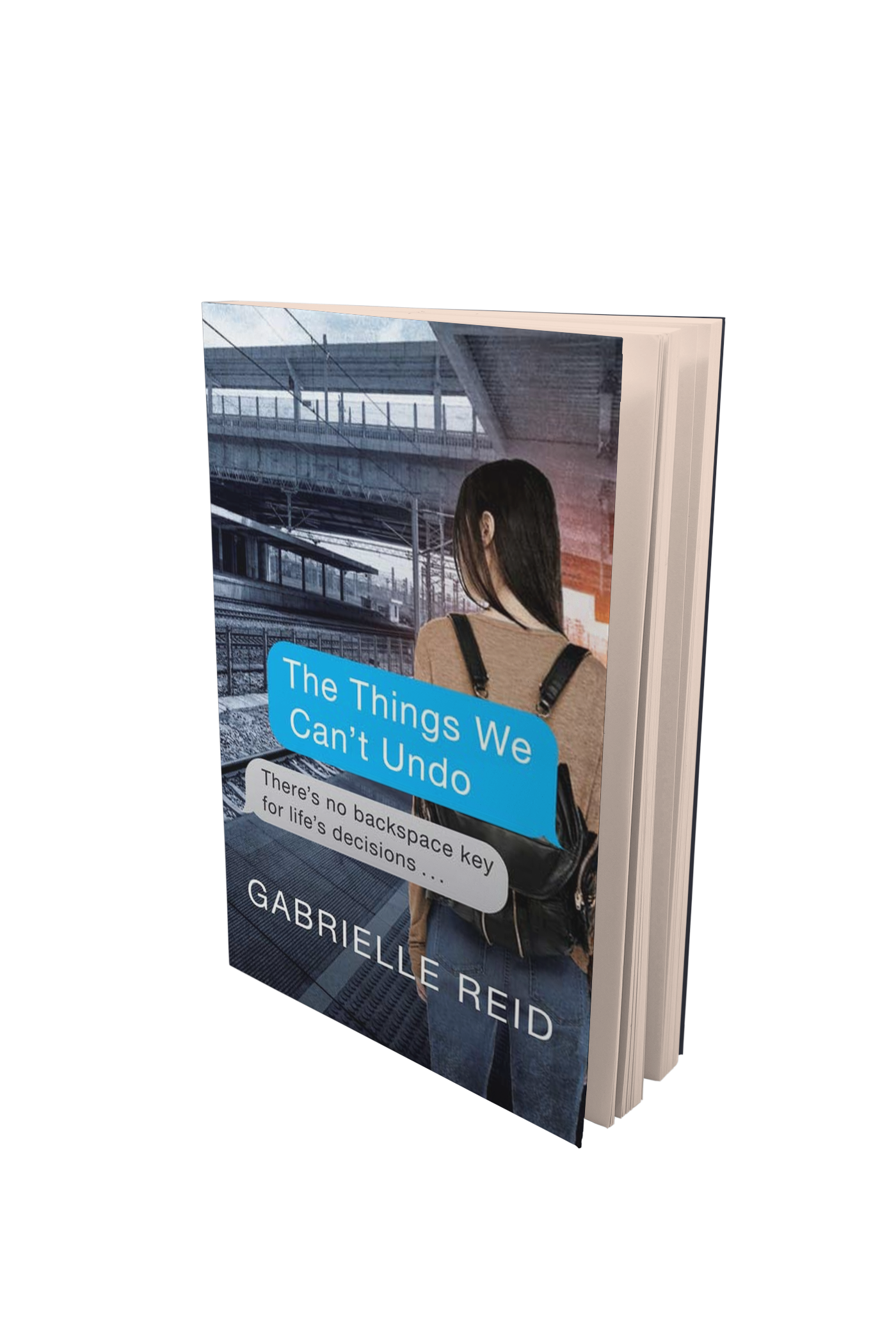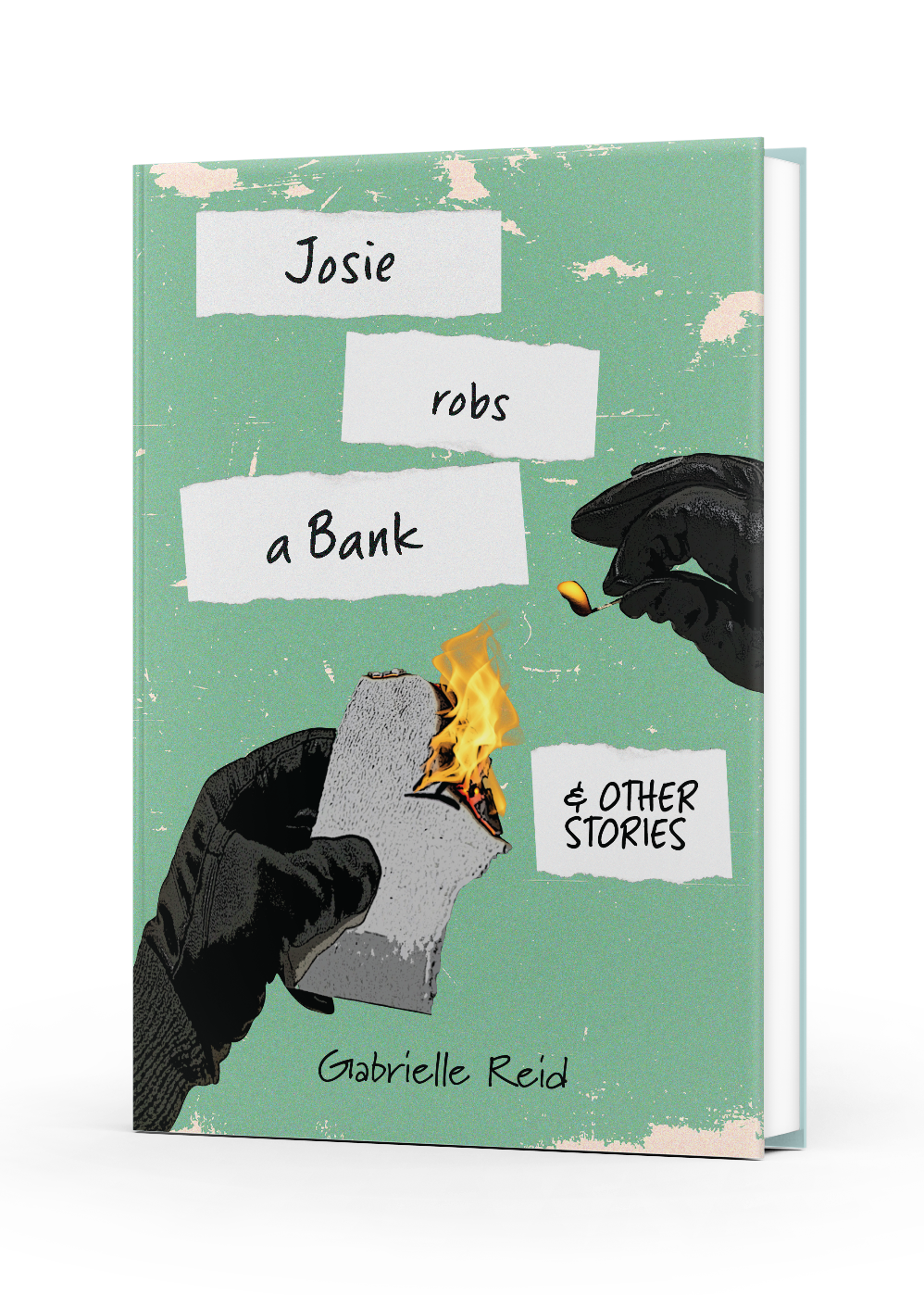Just Keep Reiding
Gabrielle Reid

Welcome, bookworms!
I’m an Australian YA author of contemporary and short fiction. My debut novel, The Things We Can’t Undo was published by Ford Street in 2018 and subsequently won the Australasian Association of Family Therapy’s Book Award. My short story collection, Josie Robs a Bank, was published with Impressum in 2021. I love to hear from fellow readers, writers and teachers. While I have taken an extended break from social media, please feel free to contact me!
I work from the unceded traditional lands of the Awabakal people, in what is now known as Lake Macquarie, NSW. In the spirit of reconciliation I would like to acknowledge the Traditional Custodians of country throughout Australia and their connections to land, sea and community. I pay my respect to their Elders past and present and extend that respect to all Aboriginal and Torres Strait Islander peoples today.

About Gabrielle
Q&A with the author

Resources
Teachers' notes, creative writing activities, and more

Writing
Find Gabrielle's fiction and non-fiction here
Books by Gabrielle:
The Things We Can’t Undo is for every teenager (suggested reading age 15 and up) and tackles some of the biggest contemporary questions about sex, consent, friendship, family, social media and of course, the things we wish we could take back.


Sometimes sad, sometimes funny, always powerful, this unforgettable short story collection speaks to the power of the human spirit in the face of adversities both small and large. For ages 14+
Reviews

Lamont Books

Reading Time, The Children’s Book Council of Australia

Kids’ Book Review

Compulsive Reader

BuzzWords Magazine